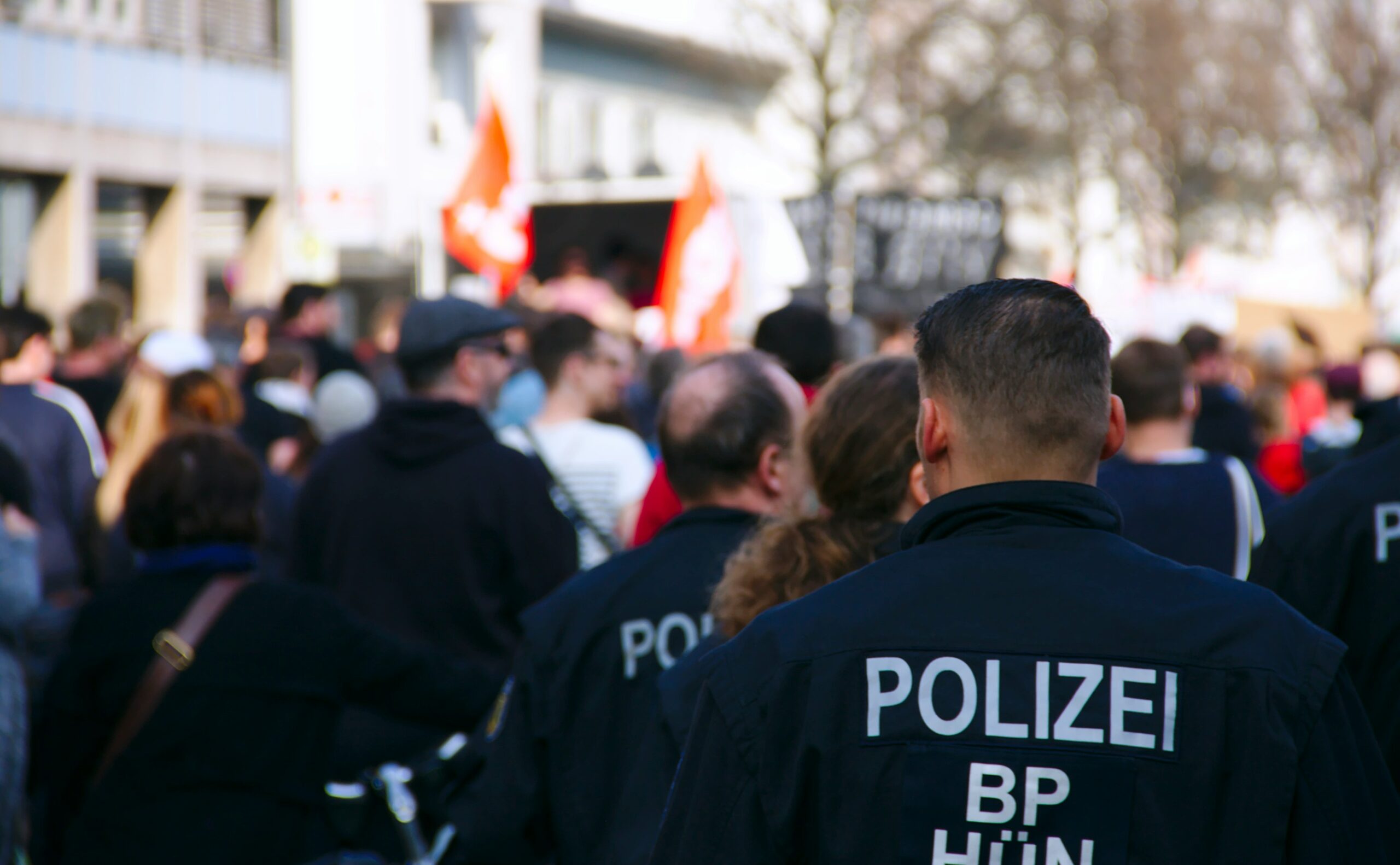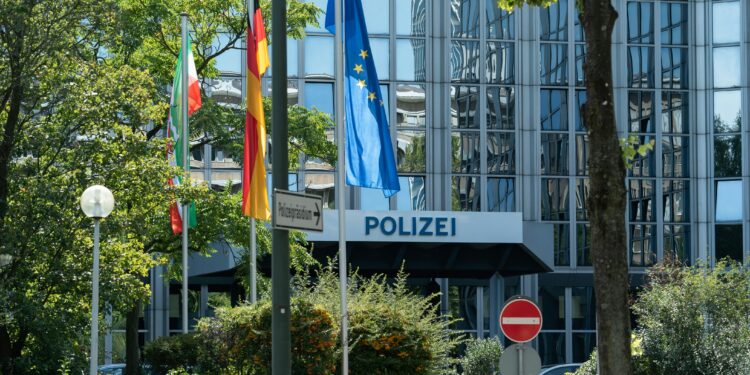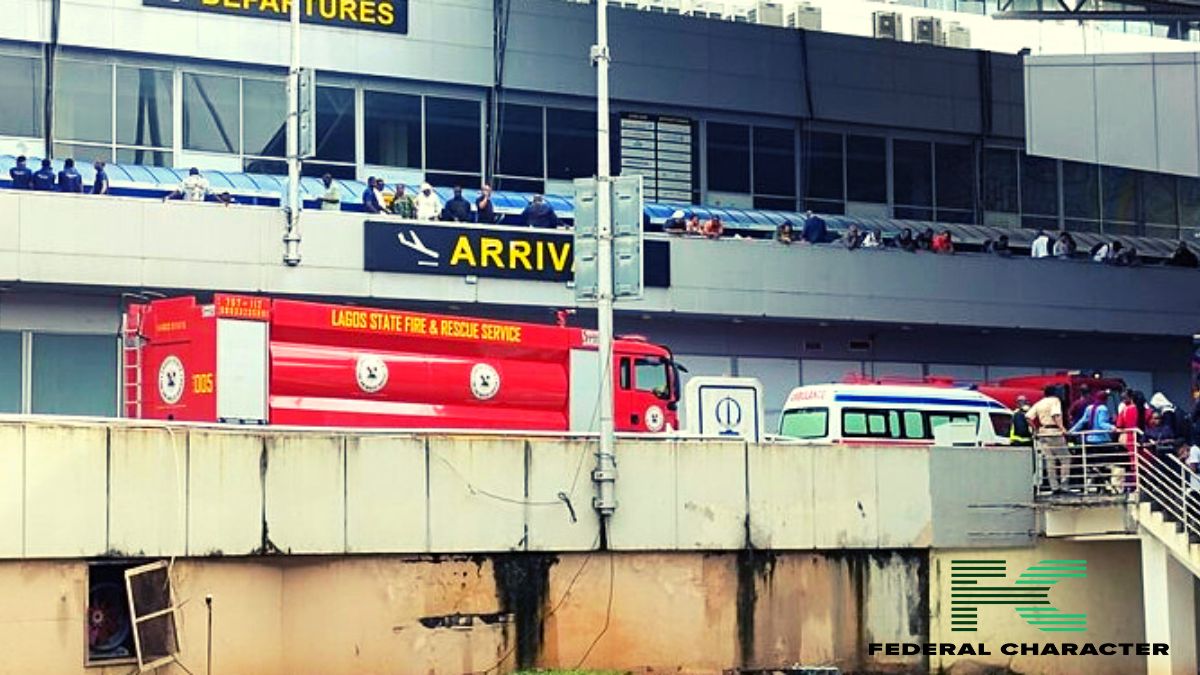The knife attack on Iris Stalzer, the newly-elected Social Democratic (SPD) Mayor of Herdecke, western Germany, has left her fighting for her life and forces a painful public reckoning. While the immediate reaction from the political establishment (led by Chancellor Friedrich Merz) was one of shock and condemnation of this “heinous act,” the emerging details point towards the increasing political violence in Germany and another of unresolved domestic strife.
Investigators have stated there are “no indications of a politically motivated act,” and are instead presuming a family connection (a suspicion deepened by the swift detention and questioning of her two teenage children and reports of a prior domestic incident involving a knife this summer).
Beyond Politics: The Shadow of Domestic Violence in Herdecke
The speed with which police moved to investigate a family connection to the stabbing, coupled with the revelation of a previous police-recorded domestic violence incident, paints a troubling picture. While the initial impulse of a deeply concerned public is to link the attack on a prominent figure like Mayor-elect Iris Stalzer to the destructive environment of political hostility, the current evidence strongly shifts the focus to a private tragedy.

This suggests that even for public figures, the most significant threat can tragically originate within their own homes. The focus must be on a transparent and thorough investigation into the full extent of the family dynamics and the nature of the previous police interventions.
The initial report that Stalzer’s 15-year-old son claimed she was attacked by several men—a detail that appears to contradict the police’s working theory of a family connection— emphasised the confusion and potential misdirection in the early stages of the investigation.
Even if this particular stabbing attack in Herdecke is definitively ruled a domestic crime, it cannot (and should not) distract from the broader, escalating issue of violence against German local politicians. Iris Stalzer, an employment lawyer who just won a run-off election, is now another name on a growing list of German local officials facing physical threats.
Prior attacks, such as the fatal shooting of CDU politician Walter Luebcke and the stabbing of Cologne Mayor Henriette Reker by right-wing extremists, have already demonstrated that public office in Germany is becoming a dangerous profession. Studies confirm this as one revealed that a significant percentage of German politicians have experienced violence, leading many to hesitate about public engagement.
The viciousness of recent local election campaigns, described by politicians in North Rhine-Westphalia as unusually hostile, creates an atmosphere where violence (whether politically motivated or opportunistically domestic) becomes more likely. This toxic climate erodes the very foundations of local democracy, particularly in smaller towns like Herdecke. Protecting local officials in Germany is no longer a niche security concern; it’s an urgent national priority.

















